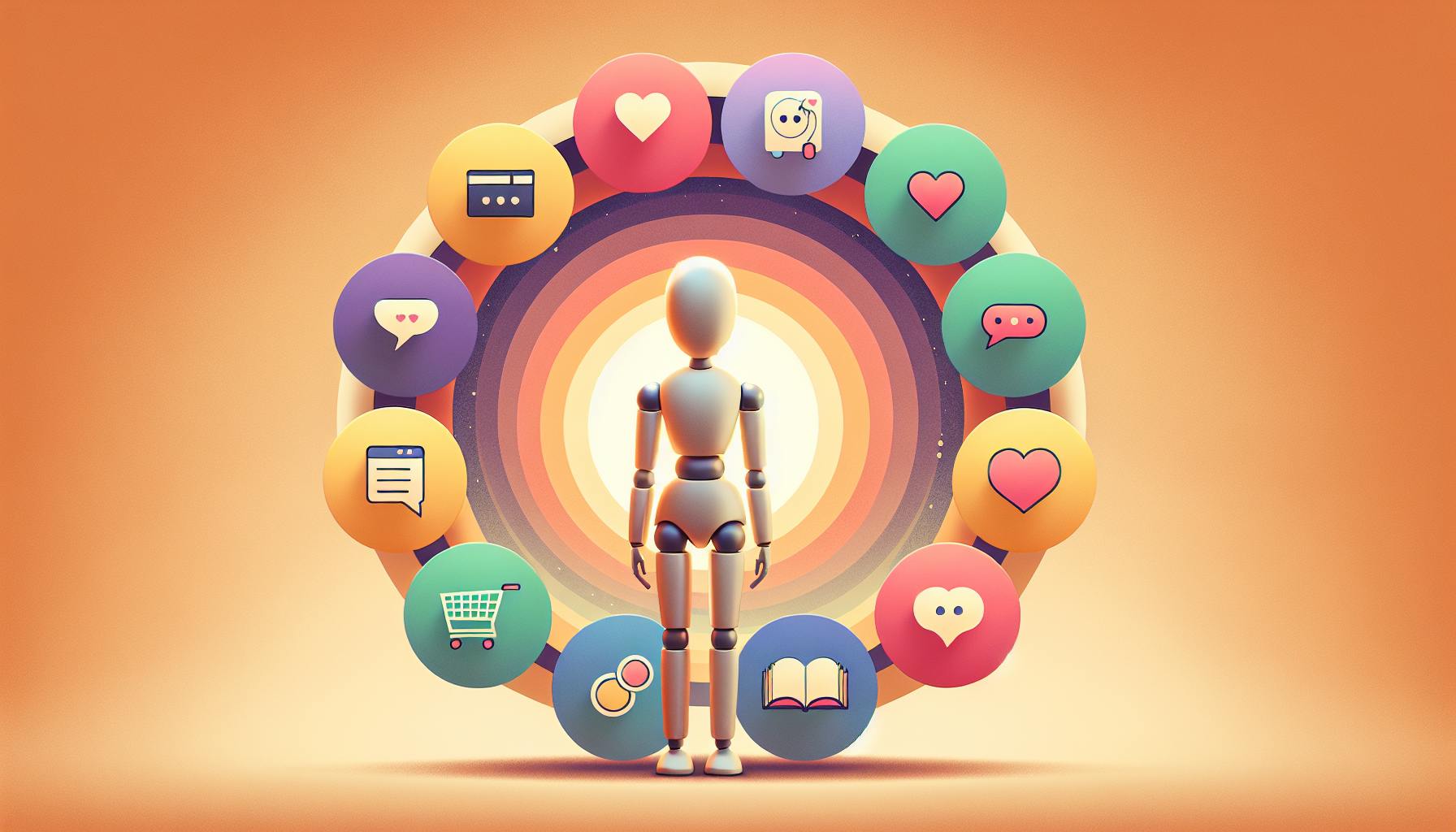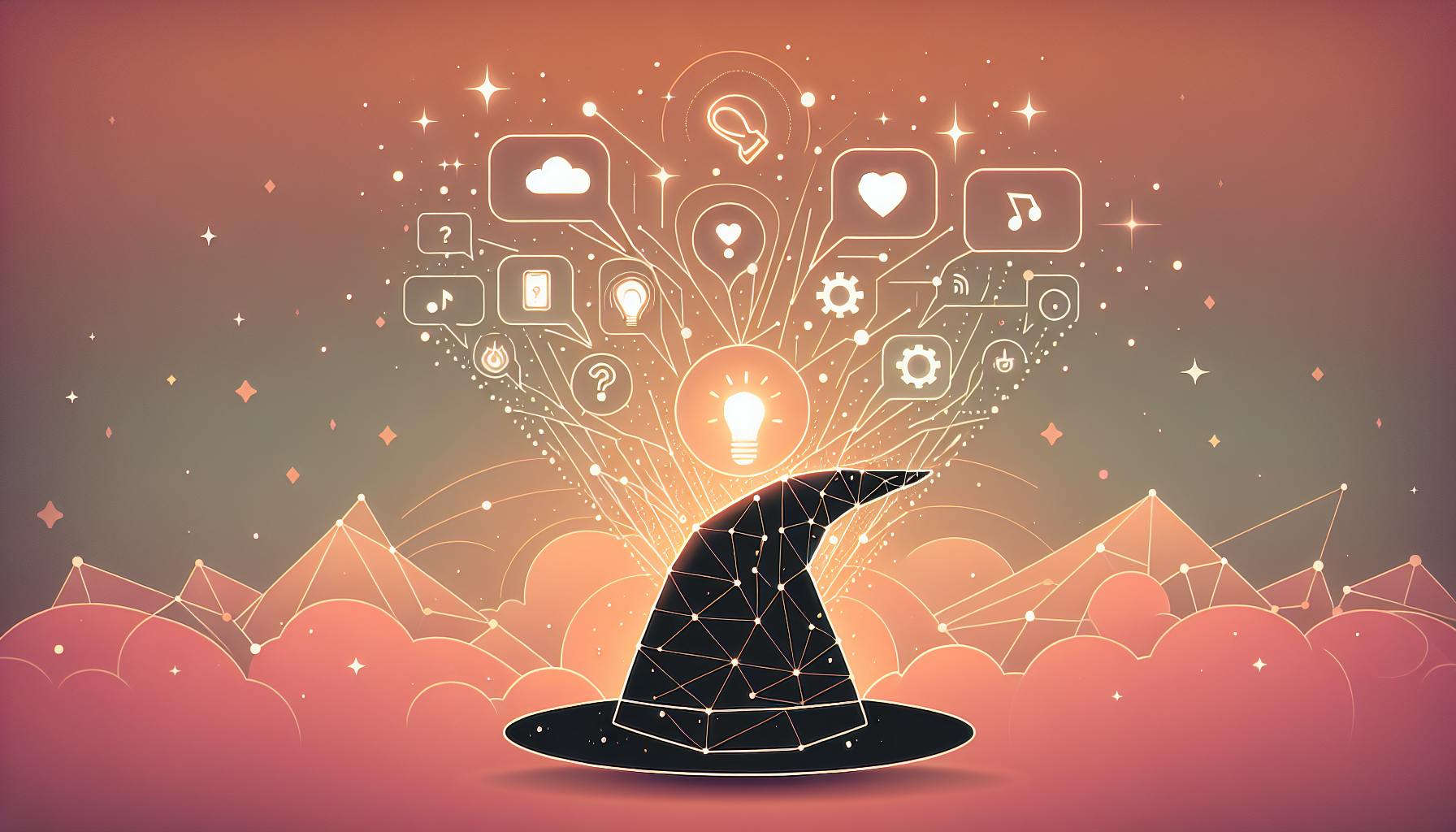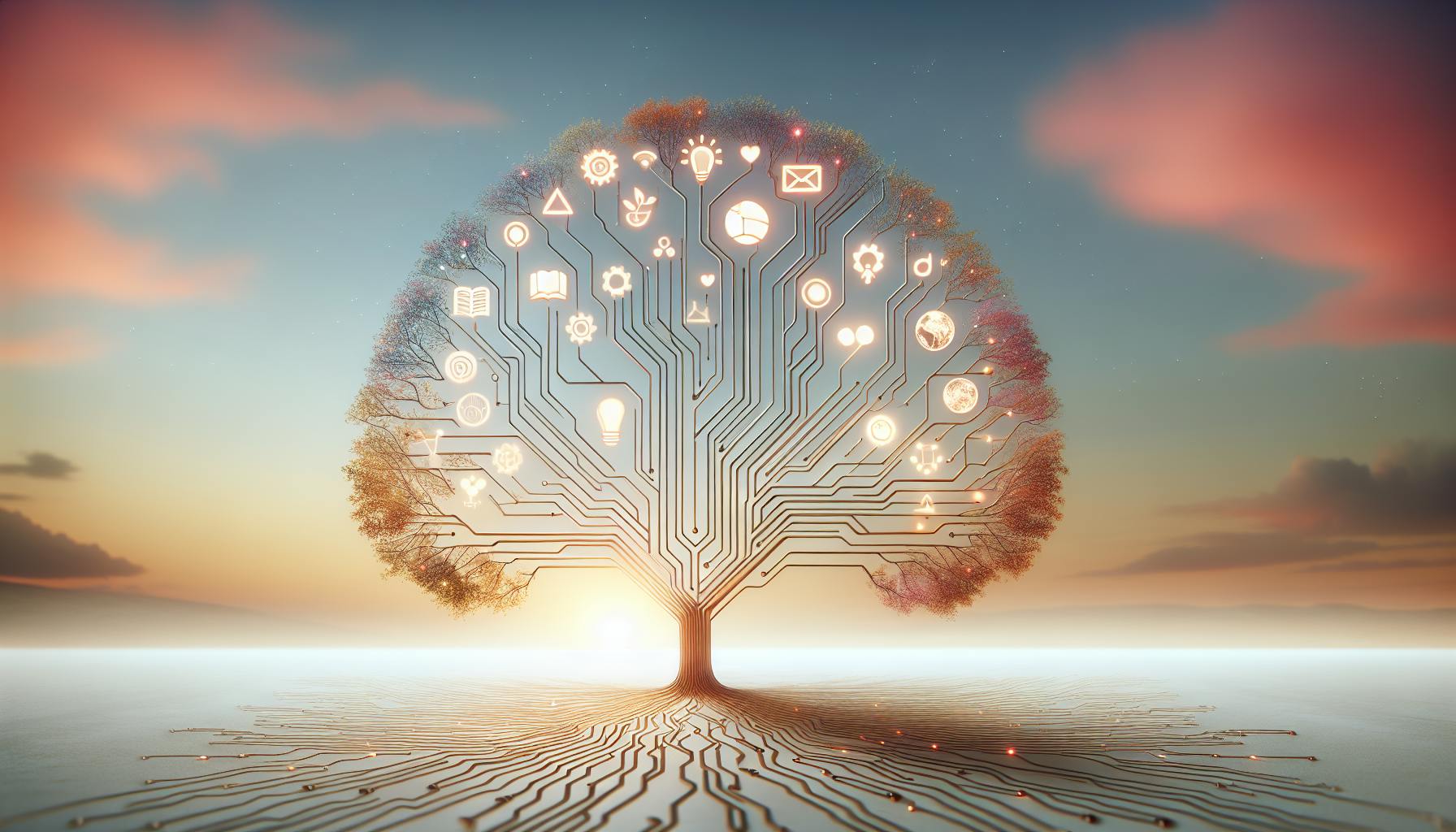Introduction
ChatGPT, the AI system from OpenAI, has rapidly transformed how we engage with information through its human-like conversational capabilities. While its potential seems limitless, one area where ChatGPT is poised to make major waves is education. With its ability to tailor explanations and support to each individual learner, ChatGPT can enable personalized learning at scale. This represents a significant shift from the one-size-fits-all teaching model of traditional classrooms.
As an AI tutor, ChatGPT supplements existing teaching practices by providing customized lessons aligned with students' unique needs, interests, and learning styles. It excels at adapting its teaching strategies, examples, and materials based on ongoing interactions with each student. This allows it to pinpoint knowledge gaps, give targeted feedback, and design interactive learning activities that boost engagement. Ultimately, ChatGPT removes barriers to quality education by ensuring that every student, regardless of background, has access to a personalized learning experience designed just for them.
In this article, we'll explore the diverse applications of ChatGPT for individualized tutoring and instruction. From accommodating different learning styles to managing study plans, we'll see how ChatGPT's conversational nature enables tailored teaching. We'll highlight some specialized GPTs from the All GPTs Directory that augment ChatGPT's capabilities for various educational purposes. With the right tools, ChatGPT can provide the one-on-one support students need to excel.
Adapting Lessons to Learning Styles
Students learn in different ways based on their individual strengths. ChatGPT can assess and accommodate various learning styles like visual, auditory, reading/writing, and kinesthetic.
Engaging Visual Learners
For visual learners who absorb information best through images and diagrams, ChatGPT can generate custom visualizations of concepts using GPTs like Artica. For example, Artica can break down complex math formulas into step-by-step animated videos. These vivid explanations appeal directly to visual learners' needs.
Assisting Auditory Learners
ChatGPT can also explain topics aloud for auditory learners who learn better through sound. Our GPT called Mimic can even clone ChatGPT's voice into different languages like Spanish, French, and Mandarin for English language learners.
Supporting Reading and Writing
Strong readers and writers benefit from ChatGPT's ability to produce extensive study guides, outlines, and flashcards. GPTs like Rytr can generate multipage reports or textbooks covering course material in great written detail.
Engaging Kinesthetic Learners
For hands-on kinesthetic learners, ChatGPT can provide coding challenges, virtual labs, and other interactive demos with the help of GPTs like LabCoat. This allows students to learn by doing.
With this range of options, ChatGPT can teach each student in the most effective medium for their learning style.
Personalized Feedback and Instruction
In addition to adapting lesson delivery, ChatGPT also personalizes the actual content and guidance it provides to each learner.
Pinpointing Knowledge Gaps
Through quizzes and assessments, ChatGPT identifies precisely where students are struggling. It asks probing questions to diagnose areas needing improvement.
Targeted Mini-Lessons
ChatGPT creates focused learning materials that strengthen students' weak points. For example, if a student doesn’t grasp quadratic equations, it might generate practice problems, explanations, and a lesson quiz specifically about quadratic formulas.
Customized Feedback
As the AI tutor interacts with students over time, it tailors feedback based on their progress and needs. ChatGPT may adjust its teaching style or provide more examples for one learner versus simpler explanations for another.
One-on-One Tutoring
GPTs like TutorBot are specialized for personalized tutoring. TutorBot can assess a student's skills, adapt teaching methods accordingly, and provide detailed feedback on assignments. This simulates individual tutoring.
ChatGPT gives each student the specific support they require to excel.
Promoting Active Learning
Along with personalized content, ChatGPT boosts engagement through interactive features that stimulate active learning.
Flashcards and Quizzes
It can generate customizable flashcards and quizzes covering students' course materials using spaced repetition and game mechanics. This reinforces remembering in an engaging way.
Immersive Assignments
ChatGPT assigns hands-on projects like collaborative coding challenges that promote critical thinking through real-world applications. Our QuizBot GPT can even auto-grade assignments and provide scoring feedback.
Discussion Prompts
As a discussion moderator, ChatGPT can spark student debates with open-ended prompts tailored to class topics. This social interaction creates a richer learning experience.
With these tools, ChatGPT facilitates, not just passive consumption, but active use and application of knowledge.
Managing Courses and Study Plans
For broader learning goals, ChatGPT helps students stay organized and on track.
Personalized Course Plans
Based on each learner's objectives, ChatGPT curates customized lesson sequences, assignments, and deadlines. It adapts plans as the course progresses.
Progress Tracking
ChatGPT generates personalized progress reports so students can identify strengths to build on and areas needing improvement. Visual charts showcase growth.
Time Management
GPTs like Athena can assist students in breaking down projects into manageable steps with time estimates for each task. This promotes staying focused and avoiding procrastination.
With ChatGPT's support, students can pursue self-directed learning guided by AI.
The Role of Specialized GPTs
As we've seen, augmenting ChatGPT with specialized GPTs from the All GPTs Directory significantly expands its instructional capabilities. By combining ChatGPT's conversational nature with GPTs designed explicitly for visualizations, tutoring, interactive learning, and more, students gain access to expert-level personalization not possible otherwise. Every learner can receive tailored support to unlock their potential.
Conclusion
ChatGPT is transforming traditional education through its ability to deliver individualized learning experiences adapted to students' unique needs and preferences. With the aid of specialized GPTs, it provides customized lessons, feedback, interactivity, and planning that make quality, personalized education accessible to all. As these AI capabilities continue advancing, ChatGPT represents an exciting step towards the future of self-driven, lifelong learning tailored to each individual. We've only begun scratching the surface of its potential to revolutionize education and expand human potential.


